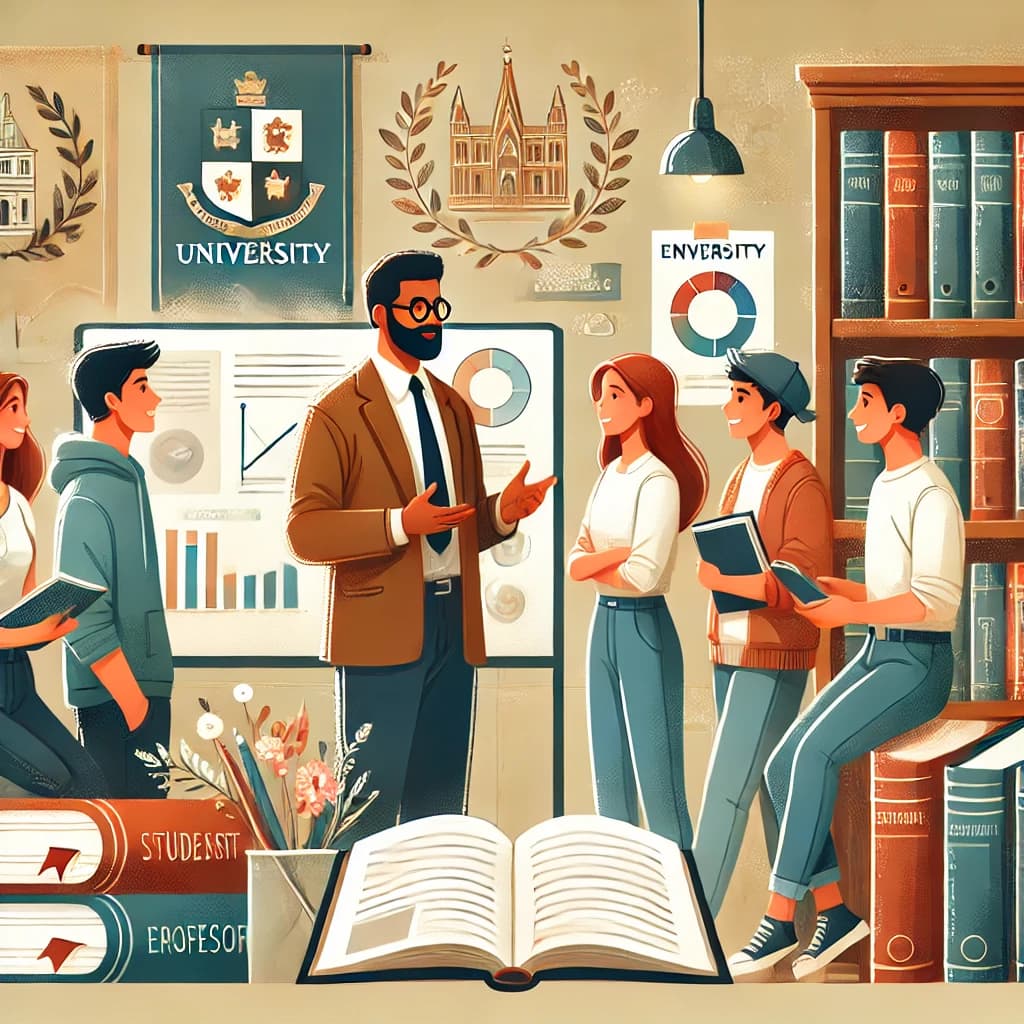Who Gets Accepted into PhD Programs?
Learn why luck plays a significant role and how you can improve your chances by effectively reaching out to potential advisors.
Posted by
Related reading
Do University Rankings Matter for PhD Students?
Explore the importance of university rankings for PhD students and discover the key factors to consider when choosing a PhD program beyond institutional prestige.
Common Reasons Why PhD Applications Get Rejected
Discover common reasons why PhD applications get rejected and learn how to avoid these pitfalls to improve your chances of acceptance.
Is a PhD Right for You? Weighing the Pros and Cons
Explore the key factors to consider when deciding whether to pursue a PhD, including career goals, financial implications, and potential economic benefits.

Who Gets PhD Acceptance?
Applying for a PhD can be an arduous journey, filled with uncertainty and anticipation. Many aspiring scholars wonder, "Who actually gets accepted into a PhD program?" The answer might surprise you and challenge some common misconceptions.
It's Not Just About Qualifications
Firstly, it’s important to understand that no matter how impressive your qualifications are, if your desired laboratory or department isn’t looking for new students, your chances of acceptance are slim. PhD programs often have limited spots, and their availability can depend on factors like funding, the current number of students, and specific research needs.
Academic Stats Aren't Everything
You might assume that only students with stellar research experience and high GPAs get accepted. However, this is not always the case. I've seen students with minimal research experience and lower GPAs secure PhD positions. While having strong academic credentials can help, they are not the sole determinants of your success.
The Role of Luck
On a scale of 10, I would say that luck accounts for about 7 of your chances, while your stats (GPA, research experience, publications) account for about 3. This might make you think, "If it’s all about luck, what should I do?"
Beyond Luck: What You Can Control
While luck plays a significant role, it’s important to understand that "luck" often refers to factors beyond your control, such as departmental needs or funding availability. However, there are ways to tilt the odds in your favor and effectively "increase your luck."
Increase Your Chances: Contact Potential Advisors
One of the most effective strategies to enhance your chances of getting accepted is to proactively contact potential advisors. This step is crucial and often underestimated.
Why is contacting advisors important?
- Demonstrates Initiative: Reaching out shows that you are proactive and genuinely interested in their work.
- Builds Relationships: Establishing a connection can make you a known entity rather than just another application.
- Gains Insight: You can learn more about their current research needs and align your application accordingly.
- Shows Commitment: Persistent communication reflects your dedication and seriousness about joining their lab.
Conclusion
In the end, getting accepted into a PhD program is a combination of preparation, persistence, and yes, a bit of luck. While you can’t control every factor, taking proactive steps like contacting potential advisors can significantly increase your chances. Remember, luck is simply the intersection of preparation and opportunity. So, prepare well, seize opportunities, and increase your "luck" by making meaningful connections.
Good luck with your applications!